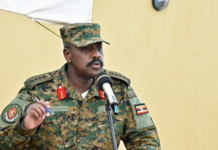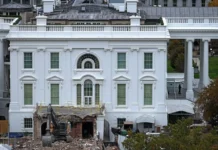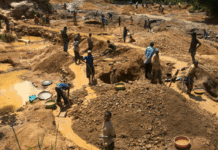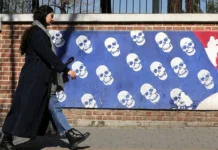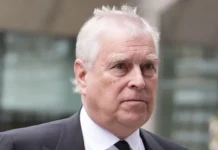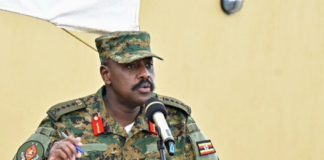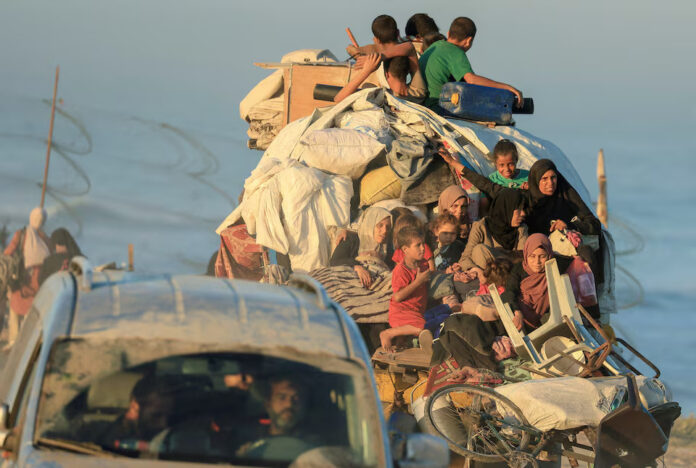
France and Saudi Arabia will host dozens of world leaders on Monday at a high-profile summit aimed at reviving momentum for a two-state solution, with several nations expected to formally recognise a Palestinian state despite staunch opposition from Israel and the United States.
The meeting, taking place ahead of the United Nations General Assembly, comes amid Israel’s intensified ground assault on Gaza City and escalating settler violence in the West Bank, more than two years after Hamas launched its deadly October 2023 attack on Israel.
That attack killed 1,200 people and saw 251 taken hostage, according to Israeli figures. Israel’s campaign in Gaza has since killed more than 65,000 Palestinians, most of them civilians, according to local health officials, while leaving the enclave devastated and largely displaced.
Israel and the U.S. will boycott Monday’s summit. Israel’s U.N. Ambassador Danny Danon dismissed the gathering as a “circus,” accusing it of “rewarding terrorism.”
Israeli officials have suggested they may respond by annexing parts of the occupied West Bank and imposing bilateral measures against France. Washington has also warned of consequences for countries recognising Palestine.
Despite the pushback, momentum is building. Britain, Canada, Australia, and Portugal formally recognised a Palestinian state on Sunday, and France, along with at least five other nations, is expected to follow suit on Monday.
French President Emmanuel Macron’s July pledge to recognise Palestine has helped elevate the issue from smaller nations to major world powers.
“The New York Declaration is not a vague promise for the distant future, but a roadmap,” French Foreign Minister Jean-Noel Barrot said last week. “It begins with a ceasefire, the release of hostages, and humanitarian access to Gaza.”
Palestinian officials hailed the recognitions as a step forward, though some voiced scepticism about whether they would translate into concrete pressure on Israel. “Even if major countries acknowledge Palestine, I believe there will still be no serious pressure on Israel to grant Palestinians their rights,” said displaced Gazan Nabeel Jaber.
Reactions remain deeply divided. In the West Bank, residents described the move as “a victory for historic rights,” while in Tel Aviv, Israelis accused Palestinians of repeatedly rejecting peace offers. “We’ve offered them peace about five times,” said film student Tamara Raveh, 25. “They never chose it.”
Palestinian President Mahmoud Abbas, barred from attending in person after the U.S. denied him a visa, will address the summit by video. Saudi Crown Prince Mohammed bin Salman, the event’s co-host, will also appear remotely.
With international pressure mounting, the summit highlights both the urgency and the fragility of the two-state vision. As Palestinian Foreign Minister Varsen Aghabekian Shahin put it on Sunday: “The world is saying out loud a Palestinian state, and we need to materialise it.”
Source: Reuters
Written By Rodney Mbua









